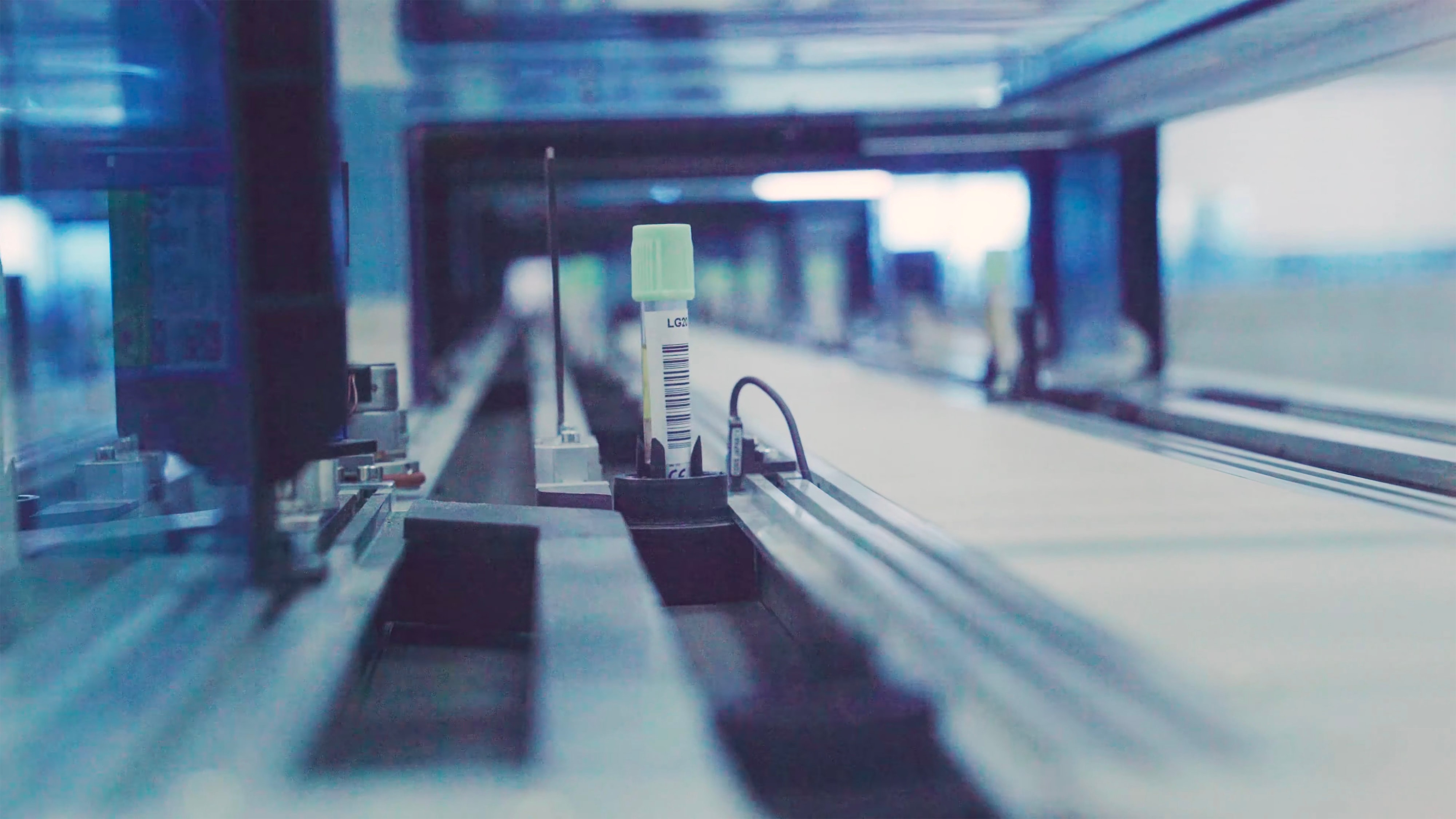Revenue Cycle Management for Hospitals: Payment Automation in Healthcare
Finding ways to maximize revenue cycle management for hospitals is an important responsibility for modern healthcare systems. Hospitals, in particular, are larger and busier than ever, and the ability to effectively manage revenues and expenditures is often the linchpin that ensures their adaptability, credibility, and longevity in today’s modern world. Take a look at how payment automation lowers costs and accelerates collections, thus improving revenue cycle management for hospitals:
What Part Does Payment Automation Play in Revenue Cycle Management for Hospitals?
Hospitals need money to survive. Whether non-profit or not, they must generate a reliable cash flow so they are able to buy supplies, pay employees, and care for their patients. To facilitate that flow, they must make and receive payments in an accurate and timely manner. Unfortunately, manually paying and collecting bills is labor-intensive, with built-in steps that frequently make sending and receiving payment a long and error-prone process.
Payment automation eliminates the need for paper and the physical exchange of funds during bill collection (both from and into the organization), thus, improving an organization’s effectiveness, as well as its efficiency. It is a key component of automated revenue cycle management.
Why Payment Automation Improves Revenue Cycle Management for Hospitals
If the goal of healthy hospital systems is to guarantee a stable flow of money in and out the door so that patients can be better served, then manual payment processes that are lengthy and prone to human mistakes can be detrimental. Manual processing can delay payor reimbursement and the collection of patient payments, as well as jeopardize vendor relationships when payments are delayed, lost, issued in the wrong amount, or accidentally submitted twice! Here’s a quick rundown of the ways payment automation can improve revenue cycle management for hospitals:
- It Accelerates Payment Approvals
It takes time to physically pass an invoice from one person to another and be finally approved for payment. Payment automation speeds up the process by allowing approvals to occur electronically at any time and at any location in the world instead of only in the office. Money is released in a more timely manner, leaving happy vendors and a favorable working relationship for the future.
- It Reduces Costs
Payment automation processes also reduce the cost of revenue cycle management for hospitals. Not only does payment automation allow hospitals to handle their invoices with less paper, less postage, and less staff, it allows them to handle a larger volume in the same amount of time. Furthermore, automated payments mean hospitals have the ability to pay their bills faster, potentially taking advantage of incentives, rebates, and discounts for invoices paid early and avoiding late payment fees so that money is driven into (and not just out of) the organization. - It Increases Organizational Insight
Finally, payment automation allows hospitals to collect data that provides insight into industry trends and organizational opportunities that manual processes can’t uncover. Having electronic access to their payment details and being able to evaluate them as they exist over a certain period of time enables hospitals to continuously track and modify their plans and procedures, maximizing their future profitability.
Want to Learn More?
Payment automation improves revenue cycle management for hospitals. To learn more about the benefits of automation and how it can be used to leverage healthcare objectives, please contact our team at Amitech.





